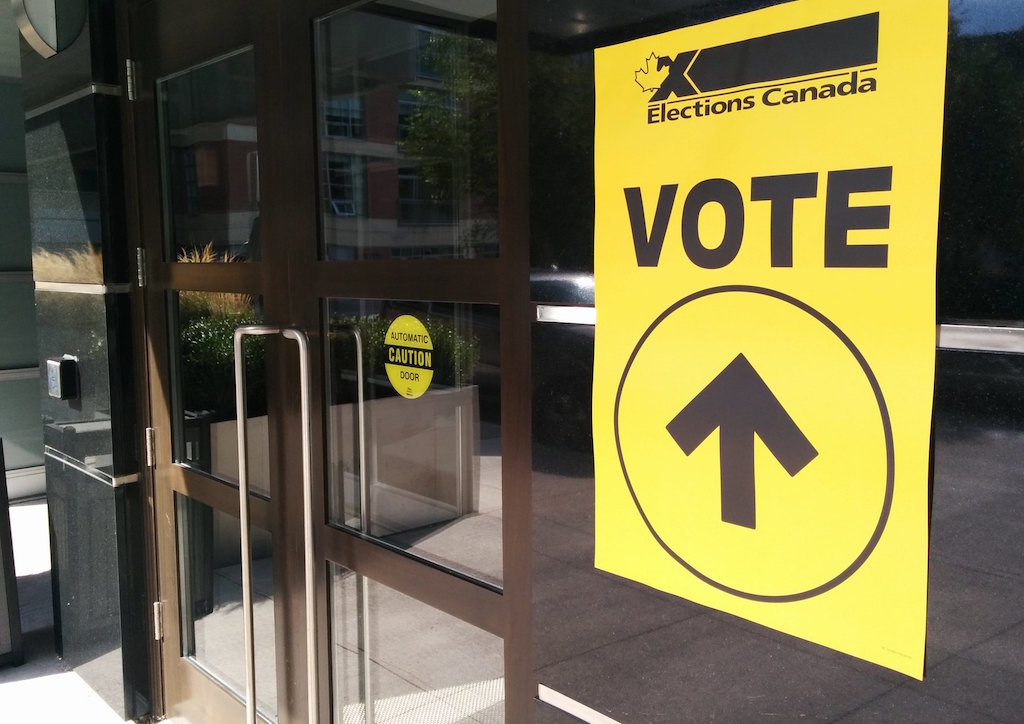I’ve been thinking about democracy a lot lately. It’s always been an important topic for me, having written two books on the subject. While the arguments in both books — Imagine Democracy and Transforming Power: From the Personal to the Political — still hold up, the experiments that inspired them have mostly collapsed, and electoral democracy has become more and more savagely partisan and distant from most people. In the most recent U.S. and Canadian elections, the largest voting blocks were made up of those who didn’t vote.
I was happy to see Jody Wilson-Raybould expose the attempts of Justin Trudeau’s PMO to influence what should have been an independent decision on the prosecution of SNC-Lavalin. Finally, a powerful woman stood up against the corruption of the corporate control of politics, showing that the emperor had no clothes. As an Indigenous MP, she brought different values to the job, but the old boys couldn’t deal with her values. After she resigned from cabinet, Trudeau almost instantly lost his magic and his popularity. While I cheered, my Facebook page was filling up with attacks against Wilson-Raybould and Jane Philpott for undermining the Liberals and risking the election of a Conservative government. And this more than six months before the coming election.
It was ideas behind strategic voting that skewed many progressives’ opinion on the Wilson-Raybould affair. I have never agreed with strategic voting. First because on key issues, Liberal and Conservative governments act the same way, but also because voting strategically keeps a real alternative from being elected. Lest we forget that Trudeau promised to end the first-past-the-post-system so we would never again be in this situation. Even if we are going to vote in the terrible Conservatives or not-so-terrible Liberals, at the very least we can ensure minority governments by more of us voting for smaller parties.
On the issue of corporate influence there is no difference between the Liberals and Conservatives, at least not that I’ve seen in 40 years of activism. I was shocked by the number of people, with whom I usually agree, telling me to shut up about the SNC-Lavalin issue out of fear that Andrew Scheer will be elected.
On the environment, Trudeau talks a good game but, with the exception of the carbon tax, there has been little action. Canada is unlikely to meet the modest emission targets agreed to by former PM Stephen Harper, not to mention Ottawa’s support for the Trans Mountain pipeline. Of course, it’s better to have a government that acknowledges there is a climate crisis than one that wants to ignore it, but is that enough of a reason to vote Liberal?
Indigenous issues have also been all symbol, little substance under Trudeau. According to Mi’kmaq lawyer and activist Pam Palmater, “Trudeau has failed to deliver on the majority of his promises to Indigenous peoples and has seen a huge drop in support as a result.” Palmater says the Trudeau government has failed to lift the funding cap on First Nations social programs and to respect the right of First Nations to say no to pipelines.
No doubt the ban on abortion in certain U.S. states will add fuel to arguments in favour of strategic voting to keep social conservative Scheer at bay. As a veteran pro-choice activist, I am not sanguine about defending abortion rights in Canada in the face of U.S. laws and the influence of anti-choice forces in the Conservative Party. But despite Trudeau’s strong pro-choice stance, it’s the pro-choice majority organized by activists that will defend the right to abortion in this country, regardless of who is in government. That’s how we won the fight and how we will continue to defend it.
Former Vancouver NDP MP Libby Davies is an example of a politician who had a considerable influence without being part of a ruling party. In her memoir, Outside In: A Political Memoir, Davies describes how she was able to make a difference for marginalized people.
Voting for the party and candidate you believe will do the best job contributes to a more constructive outcome. rabble parliamentary correspondent Karl Nerenberg has argued that we should start talking now about a coalition of Liberal, NDP and Green to make sure that the Conservatives don’t take over the country. I’m not sure I agree with him, but I do believe that a strong NDP and Green outcome will ensure powerful voices in Parliament on environment, Indigenous rights, women’s rights and electoral reform.
Judy Rebick is one of Canada’s most celebrated and well-known feminist thinkers, critics and writers. She is the founder of rabble.ca.
This column was originally published in the summer edition of Herizons Magazine.
Photo: ishmael n. daro/Flickr




